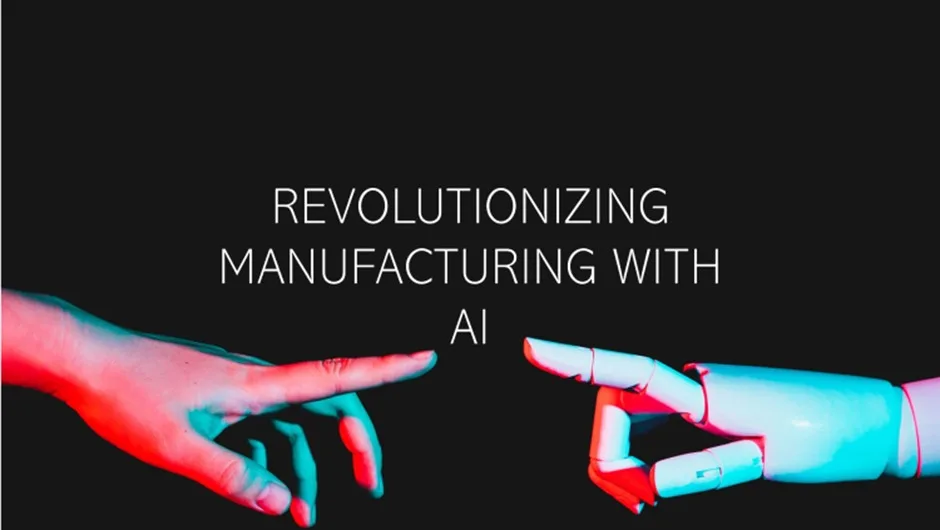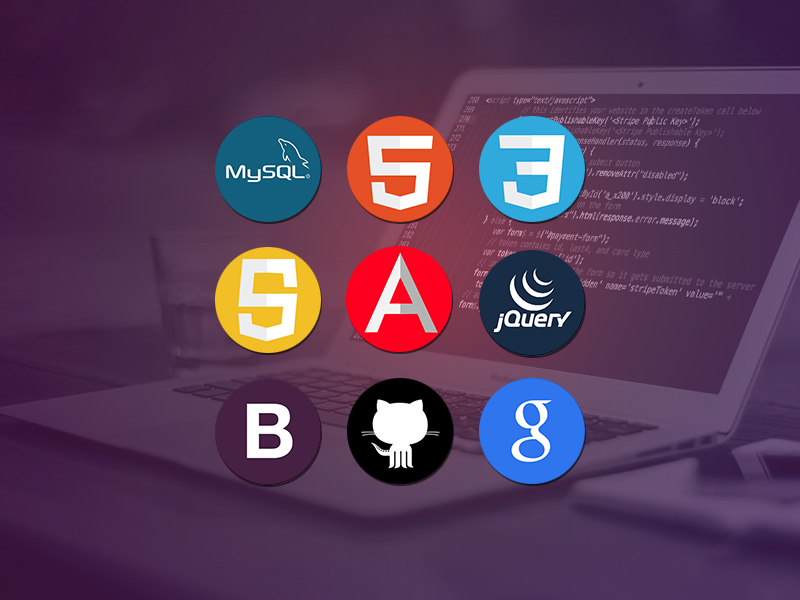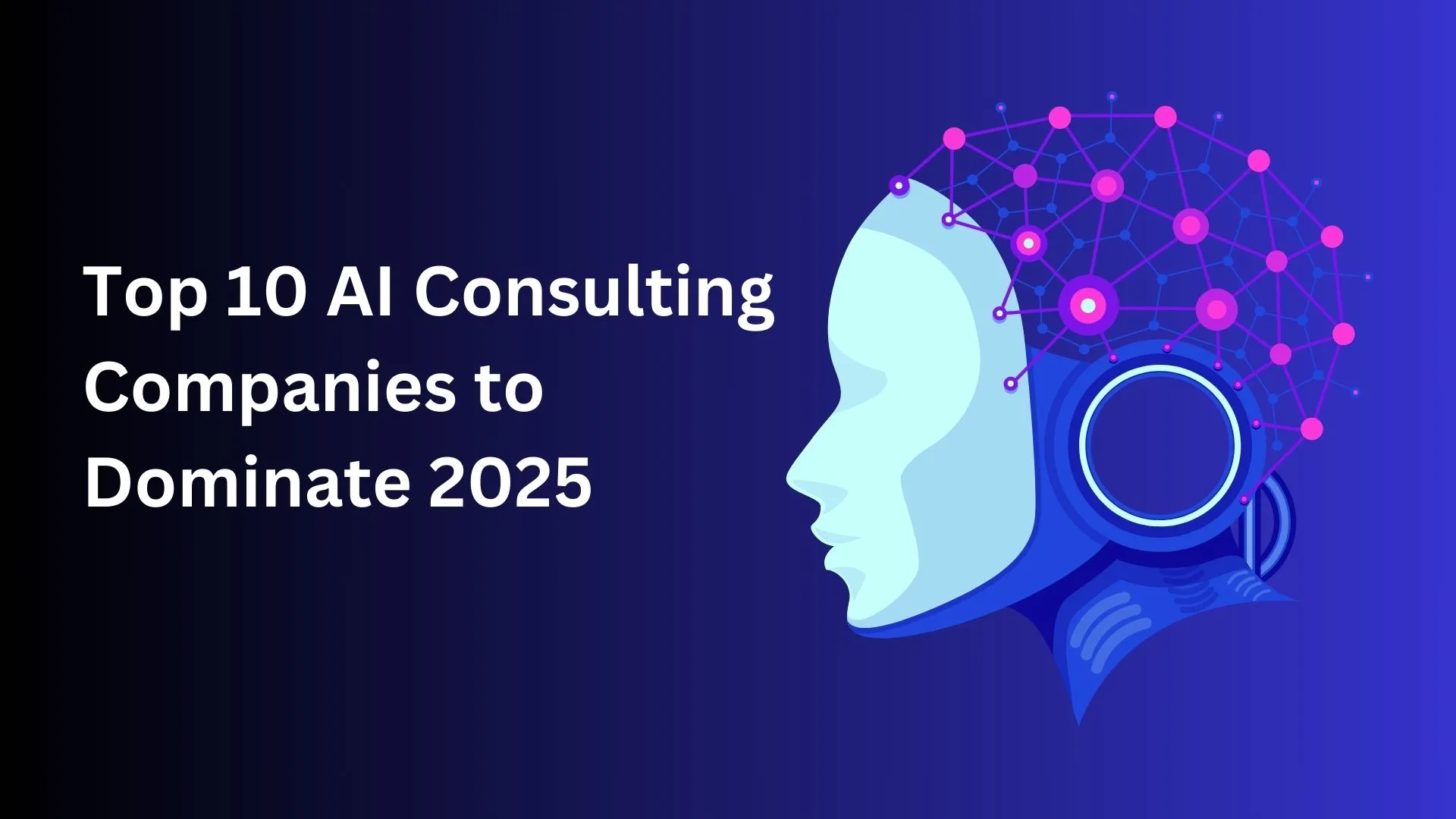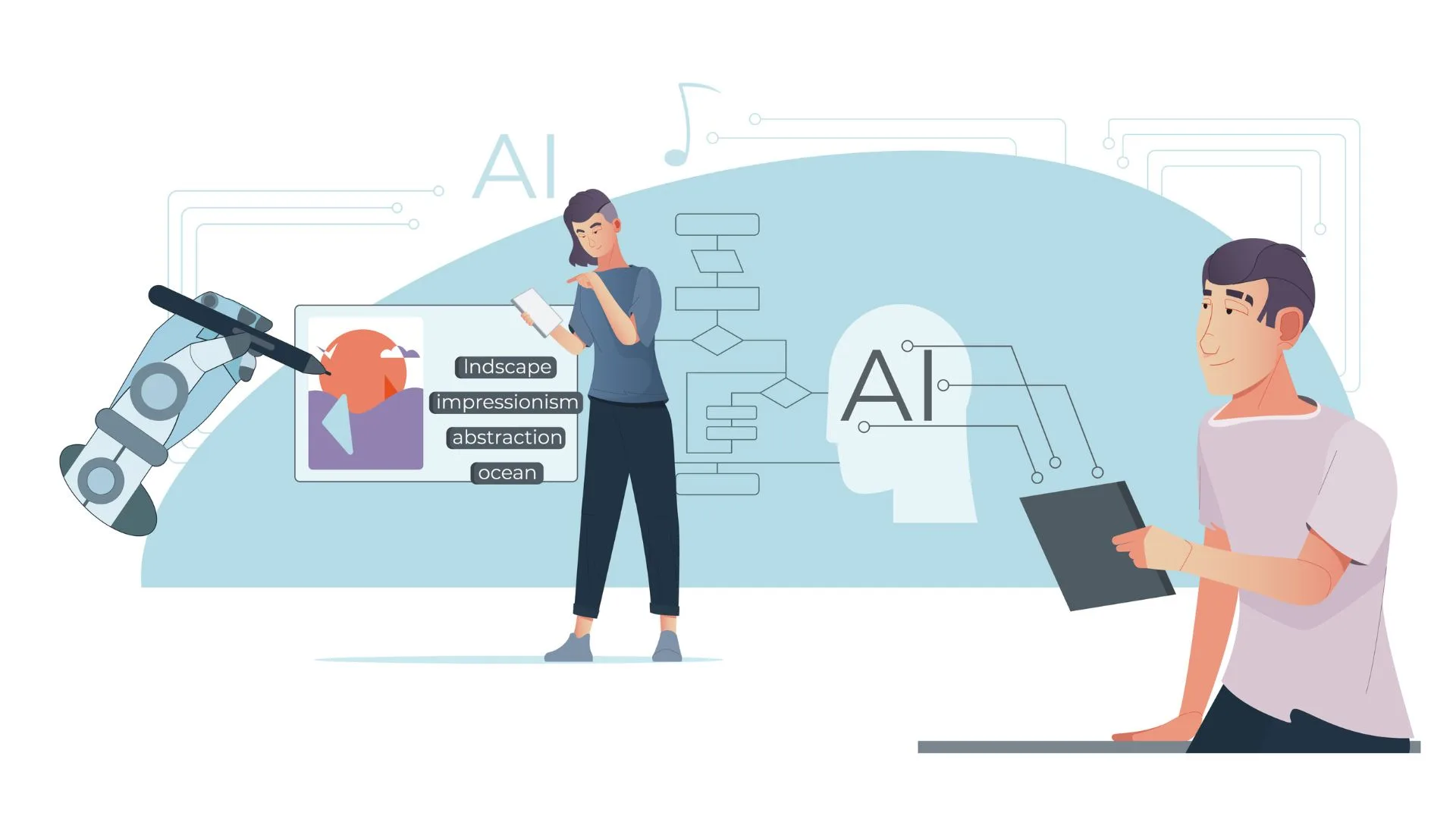From the groundbreaking assembly lines of the past to the cutting-edge robotics of today, the manufacturing industry has always been on a quest to enhance productivity and cut costs. Now, as we face new challenges, generative AI is emerging as a key driver of transformation.
Supply chain disruptions are taking a serious toll, with companies expected to lose 45% of their annual earnings over the next decade. Meanwhile, more than half (54%) of manufacturers are struggling with significant labor shortages.
These pressing issues demand innovative solutions, and generative AI is poised to deliver. Imagine AI that can overhaul maintenance processes and troubleshoot problems in real-time. Picture AI that can offer actionable insights to streamline production lines, minimize waste, and even create new designs for parts or products. Generative AI isn’t just about keeping up with the times—it’s about setting the pace for the future of manufacturing.
How is GenAI different from traditional AI
Generative AI is a sophisticated branch of artificial intelligence, powered by advanced deep learning models like Generative Adversarial Networks (GANs) and Variational Autoencoders (VAEs). Unlike traditional AI systems that follow preset rules and work with existing data, generative AI has the remarkable ability to autonomously create new content.
This unique capability of generating new content is what sets generative AI apart and makes it a game-changer for manufacturers. It can design innovative products, simulate various outcomes, analyze complex data, and even interact in human-like conversations. At its core, generative AI thrives on learning from extensive datasets, allowing it to continuously adapt, refine, and enhance its results over time.
Unlocking Potential: Key Use Cases of Generative AI in Manufacturing
Generative AI is not just a buzzword—it’s transforming how manufacturers operate across various domains. Here’s a look at some of the most impactful use cases where generative AI is driving innovation and efficiency in the manufacturing sector:
- Revolutionizing Design Processes: Generative AI is reshaping product design by creating innovative solutions that traditional methods might overlook. AI-driven design tools can generate numerous design variations based on specified parameters, allowing engineers to explore creative possibilities and optimize for performance, cost, and material use. For instance, in the aerospace industry, generative AI helps design lightweight yet strong components that meet rigorous standards, resulting in enhanced fuel efficiency and reduced emissions.
- Enhancing Maintenance and Operations: Predictive maintenance powered by generative AI is a game-changer for reducing downtime and extending equipment lifespan. AI models analyze historical data and real-time inputs to predict potential failures before they occur, enabling timely maintenance and preventing costly breakdowns. This proactive approach minimizes disruptions and keeps production lines running smoothly.
- Optimizing Supply Chain Management: Generative AI improves supply chain efficiency by forecasting demand, optimizing inventory, and managing logistics. By analyzing historical sales data and market trends, AI can predict future needs with high accuracy, helping manufacturers maintain optimal inventory levels and reduce excess stock. Additionally, AI-driven simulations can evaluate different supply chain scenarios, identifying the most efficient and cost-effective strategies.
- Streamlining Production Lines: AI tools can analyze production processes to identify bottlenecks and inefficiencies, providing actionable insights to streamline operations. Generative AI models suggest adjustments to workflows and equipment setups that can boost throughput, reduce waste, and enhance overall production efficiency. This leads to more agile manufacturing processes and better alignment with market demands.
- Creating Customized Products: Generative AI enables mass customization by allowing manufacturers to design and produce tailored products at scale. AI algorithms can create unique product variations based on individual customer preferences, specifications, and usage patterns. This capability not only meets the growing demand for personalized products but also opens new opportunities for customer engagement and satisfaction.
- Designing Advanced Materials: Generative AI aids in the discovery and design of new materials with specific properties for specialized applications. By simulating material behavior and testing different compositions virtually, AI can identify optimal material properties that meet performance criteria. This accelerates the development of advanced materials for industries such as automotive, aerospace, and electronics.
These use cases illustrate how generative AI is not only enhancing existing manufacturing processes but also opening up new avenues for innovation and efficiency. As AI technology continues to evolve, its potential to drive transformation in manufacturing will only grow, offering exciting opportunities for those ready to embrace it.
ThoughtMinds : Advancing Manufacturing with Generative AI
Generative AI holds tremendous promise for transforming manufacturing by improving efficiency, sparking innovation, and providing scalable solutions. At ThoughtMinds, we are integrating these advancements into practical applications that address real-world challenges.
Our approach combines human expertise with AI capabilities to develop solutions that enhance manufacturing processes. By focusing on real-time data analysis, creative design generation, and scalable implementation, ThoughtMinds helps manufacturers navigate and benefit from the evolving landscape of AI technology.
Through our work, we aim to make generative AI accessible and effective for manufacturers, supporting their efforts to optimize operations, foster innovation, and achieve their goals in a rapidly changing industry.
As the manufacturing sector continues to evolve, ThoughtMinds remains committed to contributing to its progress with thoughtful and impactful AI solutions.









